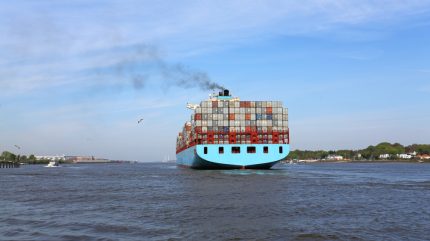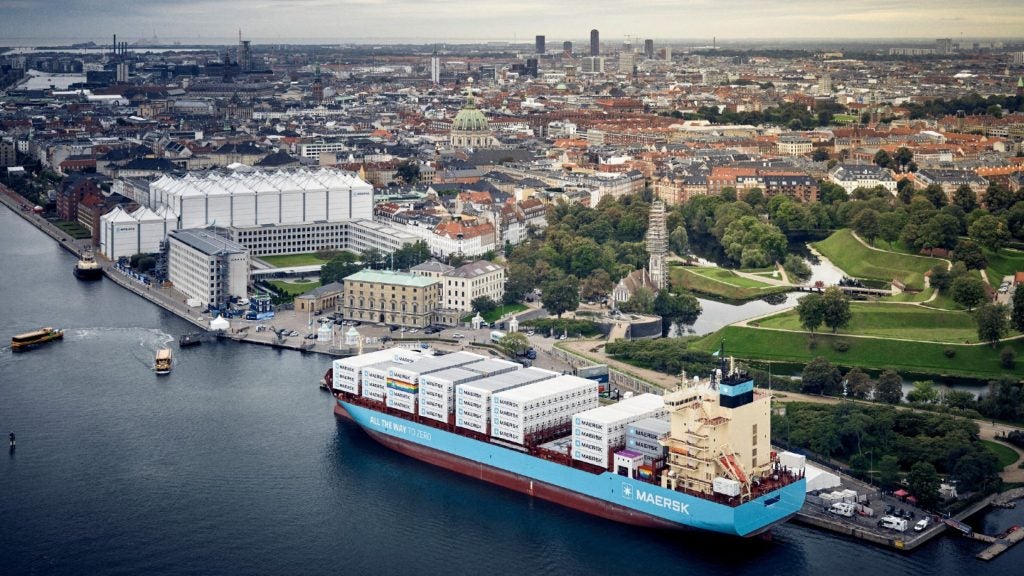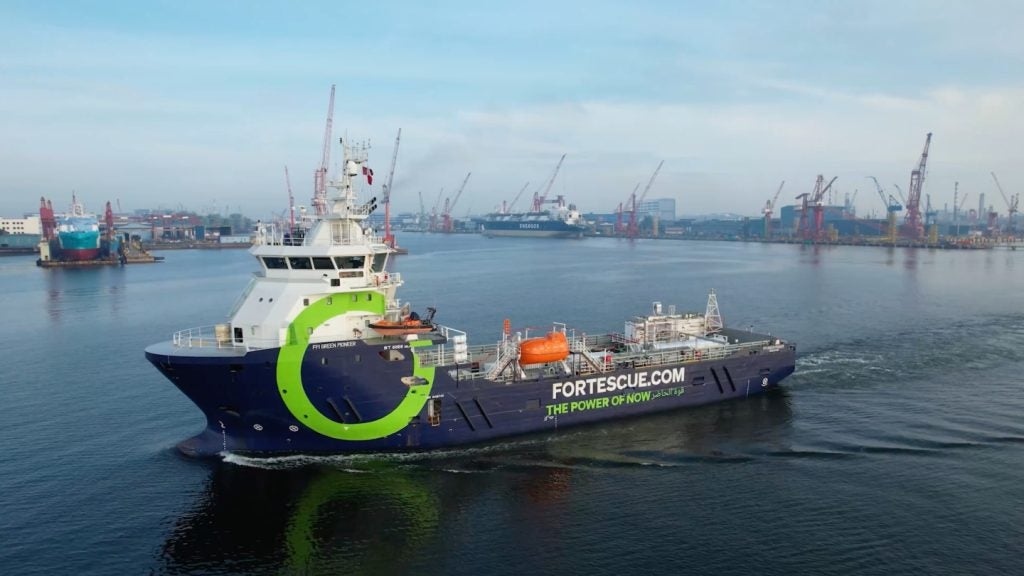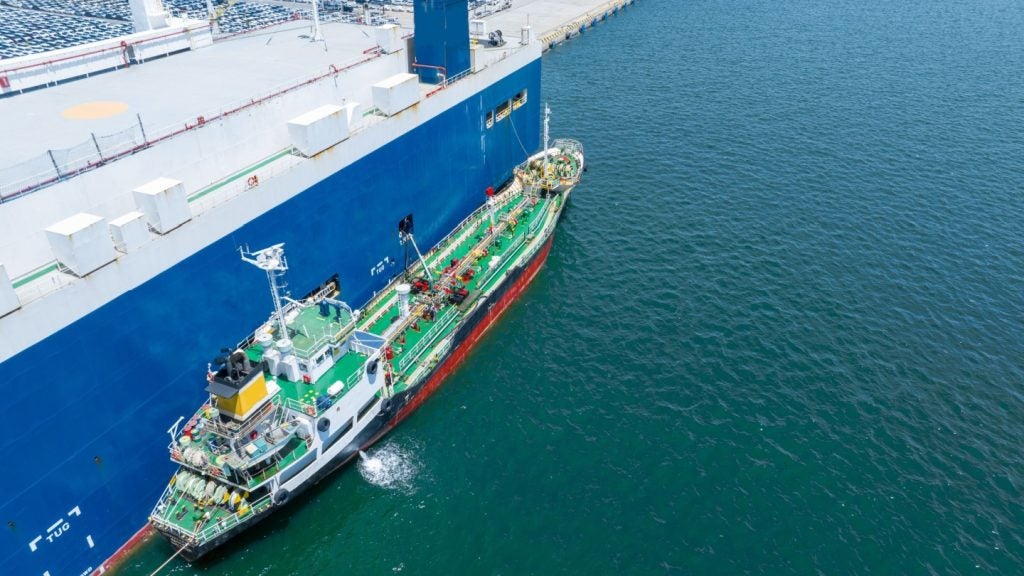
There is a tricky future to navigate for the maritime sector when it comes to decarbonisation, according to industry experts.
Speaking at a panel during this year’s Commodity Trading Week in London, UK, industry voices were quick to point out the issues in the maritime sector when it comes to the timeline of decarbonisation.
“The regulations, especially at the IMO [are moving at] glacial speed,” Peter Livey,
managing director (Great Britain) and global sustainability ambassador at HMM Europe told the panel. “There’s a lot of pressure from the industry on the IMO.”
Livey pointed to the vast size of the IMO, which has 176 member states, as the reason for the slow progress to agree on new or updated decarbonisation framework.
“That’s always going to be slow, and it opened that space for a patchwork [of different regulations in different regions], which makes our life very difficult,” Livey explained.
Future fuel worries
Another problem on the horizon is future fuels, or alternative fuels. Despite much talk of the possibilities, implementing these new fuels across the maritime sector practically could lead to further complications.
“We still have not addressed the fuel issue in our segment,” Rohan Naik, senior bunker manager at dry bulk shipping company Pacific Basin Shipping, told the panel.
Despite being a fairly sizable operation – Pacific Basin Shipping owns over 100 ships and operates over 300 – Naik points to the problems faced by companies that operate relatively small-sized vessels compared to the industry’s giant vessels.
How well do you really know your competitors?
Access the most comprehensive Company Profiles on the market, powered by GlobalData. Save hours of research. Gain competitive edge.

Thank you!
Your download email will arrive shortly
Not ready to buy yet? Download a free sample
We are confident about the unique quality of our Company Profiles. However, we want you to make the most beneficial decision for your business, so we offer a free sample that you can download by submitting the below form
By GlobalData“We do not have the volume for a supplier to set up a supply chain for our [alternative fuel] requirement, which is really small in the grand scheme of things,” said Naik, pointing to the need for the major shipping companies to create the supply chain from their demand for alternative fuels so that smaller companies can benefit.
This uncertainty over the future fuel landscape is also impacting shipbuilding, according to Naik.
“The reason there is a low dry bulk order book is because there are so many question marks on which type of fuel, or which type of fuel diversity you want to order,” he explained. “And then there is the fuel availability. The fact that you’re going to traffic all over the world – will that one fuel type be available to every place that you call?”
The likeliest immediate solution, according to Naik, is biofuel: “We’re, still not at the stage where a small bulk carrier can have an LNG-capable engine and travel freely around the world. We’re really looking for the next alternative fuel that can take us there. And right now, it’s biofuels for smaller vessels like us, which is the short-term solution.”
Gold Standards
“There are some gold standards already,” according to Livey.
He alluded to the ISO 14083 standard set last year, which covers the quantification and reporting of greenhouse gas emissions from freight and passenger transport of any mode, as well as the World Shipping Council’s Green Balance Mechanism, which addresses the pricing of fossil fuels.
“In the case of the container shipping industry, [it’s] quite far ahead of regulation,” Livey said. “I think the average reduction in CO2 emissions is probably about 50% since 2009, and at HMM we are at about 66% reduced CO2 emissions.”
But despite the positives already in place, the real onus seems to be on developing and adopting new alternative fuels, if the industry is to deliver net-zero shipping by 2050.
“It’s all about the new alternative fuels involved in going forward,” according to Livey.






